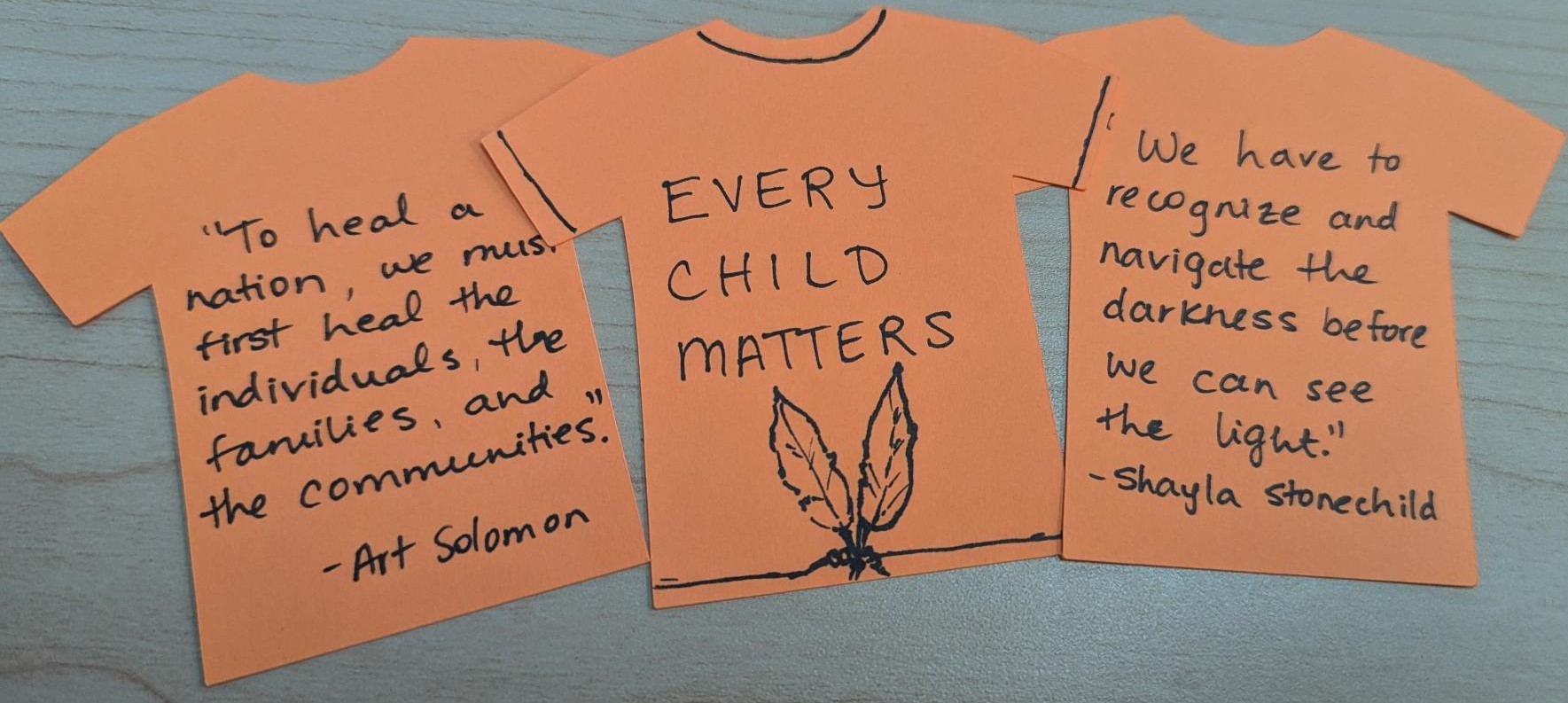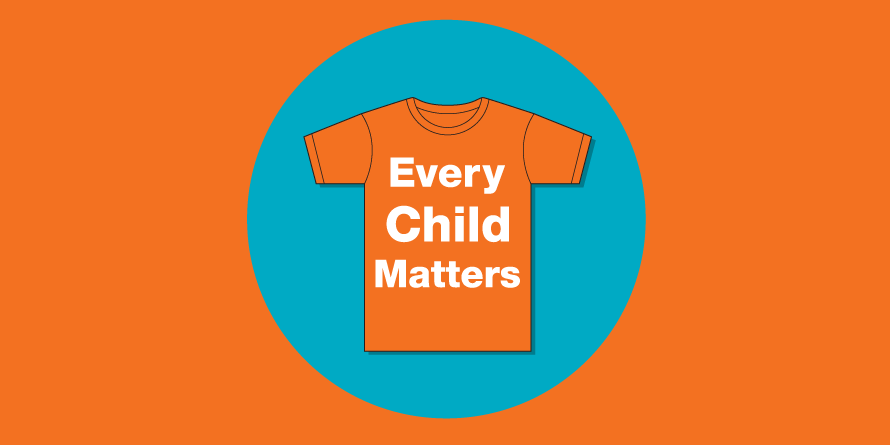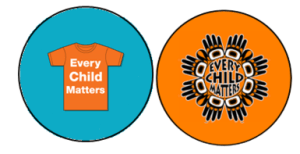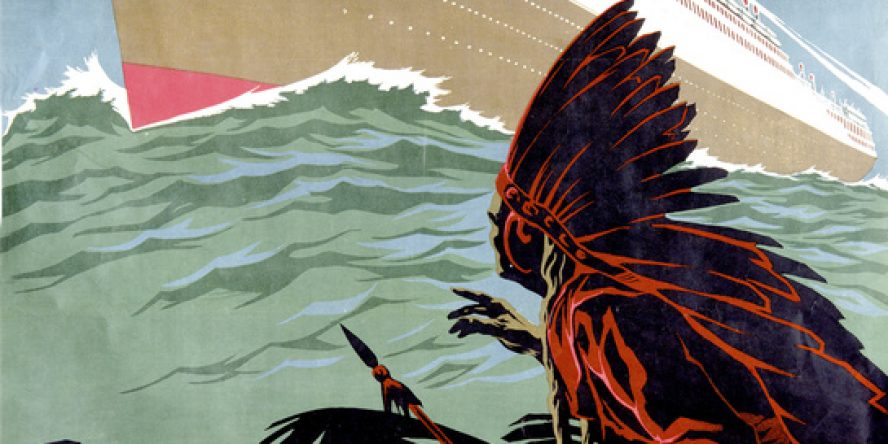National Day for Truth and Reconciliation
For Indigenous people September 30 is a day of mourning intended to honour stolen children and the survivors of residential schools, which operated until 1996 in Canada. Students were neglected, malnourished, and experienced physical, sexual, emotional and psychological abuse. This day is a reminder of the legacy of residential schools and the trauma that lives within every Indigenous person you meet.
It is a truth held in many communities that if you want to break a people, you take their children from them. Many people are still finding their way home and many will never get the chance to.
National Day for Truth and Reconciliation gives us the chance to set aside special time in our day-to-day lives to honour, reflect, and learn. It opens up the opportunities for education and awareness as well as discussions for effective change that requires Indigenous and non-Indigenous peoples to work together to create an environment free from racism and discrimination in which all people feel safe and respected.
What is National Truth and Reconciliation Day?
Despite the long-standing practice in Canada, it was only with the publication of the 2015 Truth and Reconciliation Commission of Canada report and its 94 calls for action and reconciliation that more Canadians began to see the brutal and horrific part of Canada’s history.
For several years, people have celebrated Orange Shirt Day on September 30. It is a day to honor the Indigenous children sent to boarding schools, their families and communities; it provides an opportunity to learn more about the history of residential schools in Canada. It is an open call to all humanity to listen to the stories of survivors and their families with open ears and to remember those who lost their lives.
The Government of Canada has designated September 30 as the National Day for Truth and Reconciliation and passed legislation making it a statutory holiday for federal public service employees. This was one of the 94 Calls to Action in the Final Report of the Truth and Reconciliation Commission (TRC) of Canada. The TRC was the result of the Indian Residential Schools Settlement Agreement, the largest class-action settlement in Canadian history.
A Critical Time in Acknowledging Our History
For many years the world has seen Canada as a cultural mosaic that embraces cultures instead of trying to assimilate them. National Truth and Reconciliation Day is a critical time for Canadians to recognize all facets of our shared history.
In the spirit of reconciliation, September 30 is an opportunity for Indigenous people, Inuit and Métis, and non-Indigenous people, local governments, schools and communities to come together and hope for future generations of children.
In addition to acknowledging the traumatizing intergenerational impact of residential schools and other child removal policies that remain in Indigenous communities to this day, we should also acknowledge the history of Indian Residential Hospitals and Day Schools that separated medical treatment and contributed to generational trauma experienced by Indigenous peoples.
What is the Meaning Behind the Orange Shirt
Many communities have celebrated Orange Shirt Day for years. The inspiration for Orange Shirt Day came from boarding school survivor Phyllis Jack Webstad who shared her story in the spring of 2013 at the Memorial – School Commemoration project of St. Joseph Mission (SJM) residential school in Williams Lake, British Columbia. She recalled her first day at school as a six-year-old when all her clothes were taken off, including a new orange shirt her grandmother had bought for her which was never returned. It took Webstad 40 years to find a way to reframe her experience and to combat racism and bullying under the slogan “All Children Matter” and the use of orange shirts.
In-branch Activities
EPL locations will be closed on September 30.
In recognition of National Day for Truth and Reconciliation, the following activities will take place in branches from Monday, Sept. 23 to Sunday, Sept. 29 to acknowledge the day. Please check with your local branch to see what days and times they will be offering the activities.

Every Child Matters Paper Shirts
To honour the survivors of residential schools, their families and those who never made it home, we invite you to participate in this reflection activity. If you are unable to visit a branch and would like to do this activity at home, here are instructions for the Orange Shirt Reconciliation Reflection Activity.
Buttons
Join us in creating an Every Child Matters button. We have templates that you can use or you can design your own.









